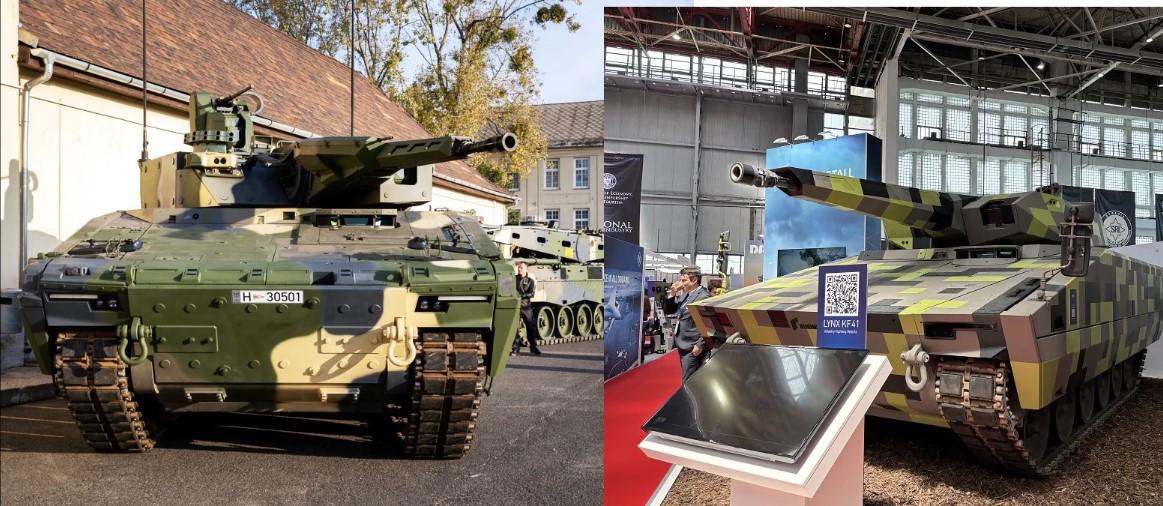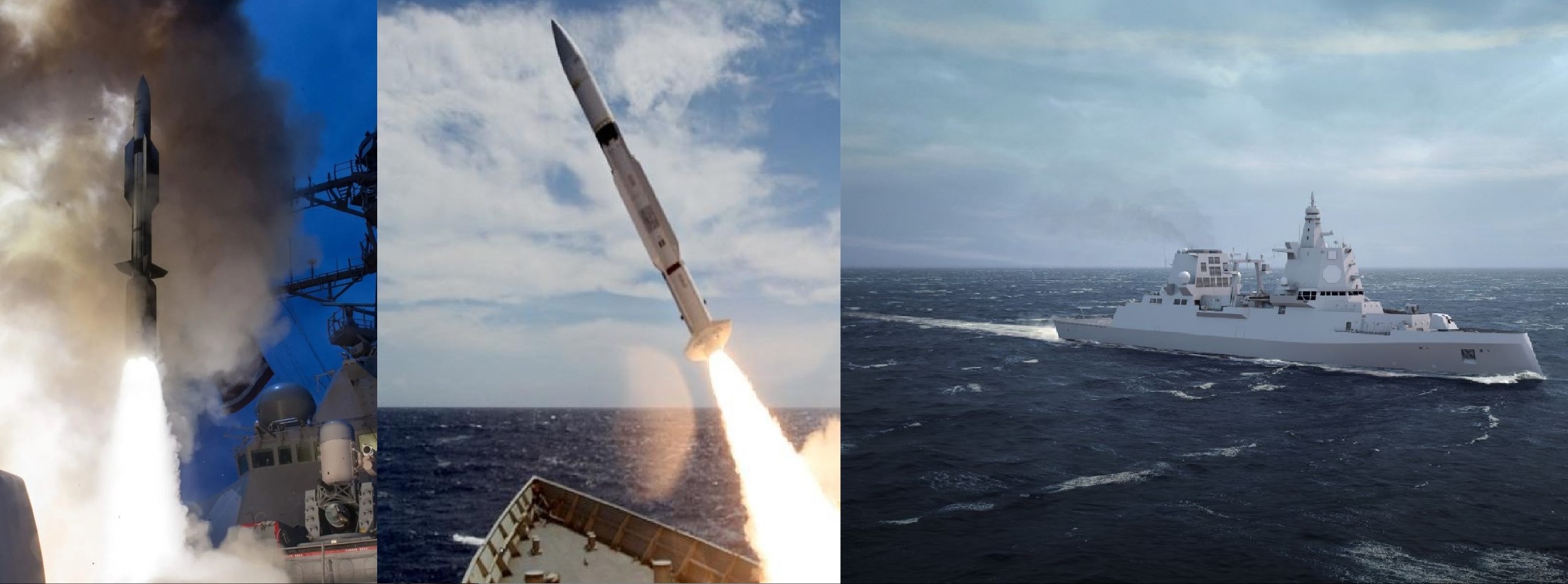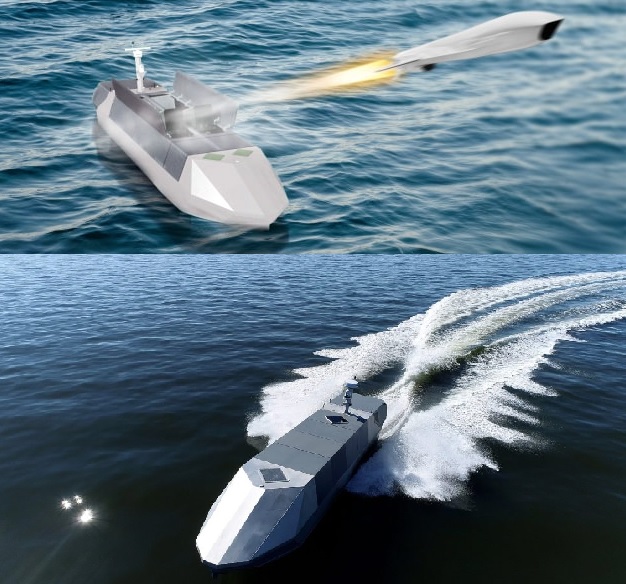Why China Type 055 is One of the Most Advanced Warships on Earth, Comapre With U.S Warship

China’s Type 055 destroyer, known by its NATO designation Renhai-class cruiser, represents the pinnacle of Chinese naval engineering and one of the most advanced surface warships in operation today. Developed by the China State Shipbuilding Corporation (CSSC) and entering service with the People’s Liberation Army Navy (PLAN) in 2020, the Type 055 marks a decisive shift in China’s maritime strategy — from regional coastal defense to full-spectrum blue-water capability.
The class is designed to escort China’s aircraft carriers, lead expeditionary task forces, and deliver multi-domain warfare capabilities — including air defense, anti-ship, anti-submarine, and land-attack missions. With its 112 universal vertical launch system (VLS) cells, advanced radar suite, and stealth shaping, the Type 055 is widely regarded as one of the most lethal surface combatants on Earth.
Design and Powerplant
According to open-source naval analysis, the Type 055 has a full-load displacement of approximately 12,000 to 13,000 tonnes, making it comparable in size to the U.S. Navy’s Ticonderoga-class cruisers and significantly larger than most destroyers in active service.
-
Length: 180 meters
-
Beam: 20 meters
-
Speed: Approximately 30 knots
-
Propulsion: Combined Gas and Gas (COGAG) system powered by four QC-280 gas turbines producing roughly 150,000 horsepower
-
Crew: Around 300 personnel
Its stealth-optimized hull and superstructure reduce radar cross-section, while the enclosed integrated mast conceals radar arrays, communication systems, and electronic sensors. These design elements make the ship both hard to detect and resistant to modern electronic warfare.
Armament: 112 VLS Cells of Multi-Role Firepower
Type 055’s combat power lies in its 112-cell Universal Vertical Launch System (UVLS) — 64 cells forward and 48 cells aft — capable of launching a diverse array of missiles. Unlike older systems limited by missile size, China’s UVLS can accommodate any missile within its inventory designed for sea launch, providing immense flexibility.
Verified Weapon Types (Wikipedia and PLA open sources):
-
HHQ-9B Long-Range Surface-to-Air Missiles: Capable of intercepting aircraft and cruise missiles at ranges up to 300 km.
-
YJ-18 Anti-Ship Missiles: A sophisticated, dual-speed missile (subsonic cruise with a supersonic terminal sprint of up to Mach 3), with an estimated range of 220–540 km.
-
CJ-10 Land-Attack Cruise Missiles (LACM): Long-range precision strike missile with an estimated range exceeding 1,000 km, giving the Type 055 strategic strike capability against land-based targets.
-
Yu-8 ASROC Missiles: Rocket-launched lightweight torpedoes for anti-submarine warfare.
Although not officially confirmed on Wikipedia, Chinese state-affiliated media have also featured the YJ-21 hypersonic anti-ship missile being test-launched from a Type 055 vessel — reportedly capable of speeds up to Mach 6–10 and ranges around 1,500 km. Independent verification remains limited, so these figures are treated as reported, not confirmed.
Additional Armament
-
Main Gun: 130 mm H/PJ-38 naval gun for surface and shore bombardment.
-
Close-In Defense:
-
Type 1130 CIWS (11-barrel 30 mm Gatling gun, firing up to 10,000 rounds/min).
-
HHQ-10 short-range missile system for last-ditch air defense.
-
-
Torpedoes: Two triple 533 mm torpedo tubes for anti-submarine warfare.
-
Aviation: Hangar and flight deck for two Z-20F helicopters for ASW, reconnaissance, and utility missions.
Sensors and Electronics
The Type 055’s advanced sensor architecture rivals that of the world’s top destroyers.
-
Primary Radar: The Type 346B Dual-Band Active Electronically Scanned Array (AESA) radar system.
-
Mounted in a fully integrated mast for reduced radar signature.
-
Estimated tracking range for large aerial targets: up to 450–500 km.
-
-
Combat Data System: Integrated with Beidou satellite navigation and guidance, enabling real-time networked targeting and coordination with other PLAN assets.
-
Sonar Suite: Includes a bow-mounted sonar array and a towed sonar system for long-range submarine detection.
This integration allows the Type 055 to operate as both a fleet command ship and a missile-defense platform, capable of coordinating multi-layered defensive and offensive operations.
Operational Role
Within the PLAN, the Type 055 serves as the core escort for China’s aircraft carrier strike groups, operating alongside Type 052D destroyers and Type 901 supply ships. It provides wide-area air defense and anti-submarine coverage while extending China’s maritime strike range across the Indo-Pacific.
China currently operates eight active Type 055 destroyers, with several more under construction. These vessels form part of the PLAN’s expanding blue-water fleet, which is rapidly shifting China’s naval balance from coastal defense toward sustained global presence.
Comparison: Type 055 vs. U.S. Navy’s Arleigh Burke-Class Flight III
| Specification | Type 055 (China) | Arleigh Burke Flight III (USA) |
|---|---|---|
| Displacement (full load) | ~12,000–13,000 tons | ~9,800 tons |
| Length | 180 m | 156 m |
| Speed | ~30 knots | 31+ knots |
| VLS Cells | 112 UVLS | 96 Mk 41 |
| Primary SAM | HHQ-9B (300 km) | SM-6 (240 km) / SM-2 / ESSM |
| Primary ASuW Missile | YJ-18 (540 km) / YJ-21 (hypersonic, reported) | RGM-84 Harpoon (130 km) / LRASM (560 km) |
| Radar System | Type 346B Dual-Band AESA | AN/SPY-6(V)1 AESA (Air and Missile Defense Radar) |
| Combat Network | Beidou satellite + PLAN data-link | Aegis Combat System (CEC + GPS) |
| Entered Service | 2020 | 2023 (Flight III) |
The Arleigh Burke Flight III remains the world’s most combat-proven destroyer, featuring the Aegis Baseline 10 combat system and AN/SPY-6 radar, which offers unmatched ballistic missile defense (BMD) capability.
However, the Type 055 surpasses it in size and missile capacity, giving the PLAN a ship capable of massive multi-role firepower. While the Burke’s edge lies in integrated BMD and combat-tested doctrine, the Type 055’s modular VLS and potential hypersonic missile compatibility give it significant offensive reach — especially in anti-ship and land-attack roles.
Strategic Significance
The Type 055 is more than a warship — it is a statement of intent. Its combination of long-range missiles, advanced radar, and heavy displacement enables China to project naval power deep into the Pacific and Indian Oceans. When deployed in carrier groups, it serves as the PLAN’s “shield and sword,” simultaneously protecting high-value assets and delivering precision strikes.
The ship’s integration with Beidou-guided weapons and growing hypersonic arsenal places it firmly among the world’s top-tier destroyers — rivaling, and in some categories surpassing, Western equivalents in missile versatility and volume.
The Type 055 Renhai-class is not just China’s most advanced warship — it is one of the most formidable destroyers on Earth. Its 112 VLS cells, sophisticated AESA radar, and potential to deploy hypersonic missiles give it a level of offensive and defensive power few navies can match.
While the U.S. Navy’s Arleigh Burke Flight III remains superior in integrated combat experience and ballistic missile defense, the Type 055 demonstrates how rapidly China has closed the technological gap. As of today, it stands as a cornerstone of China’s blue-water fleet — a sleek, lethal symbol of the PLAN’s rise as a truly global maritime power.
✍️ This article is written by the team of The Defense News.






